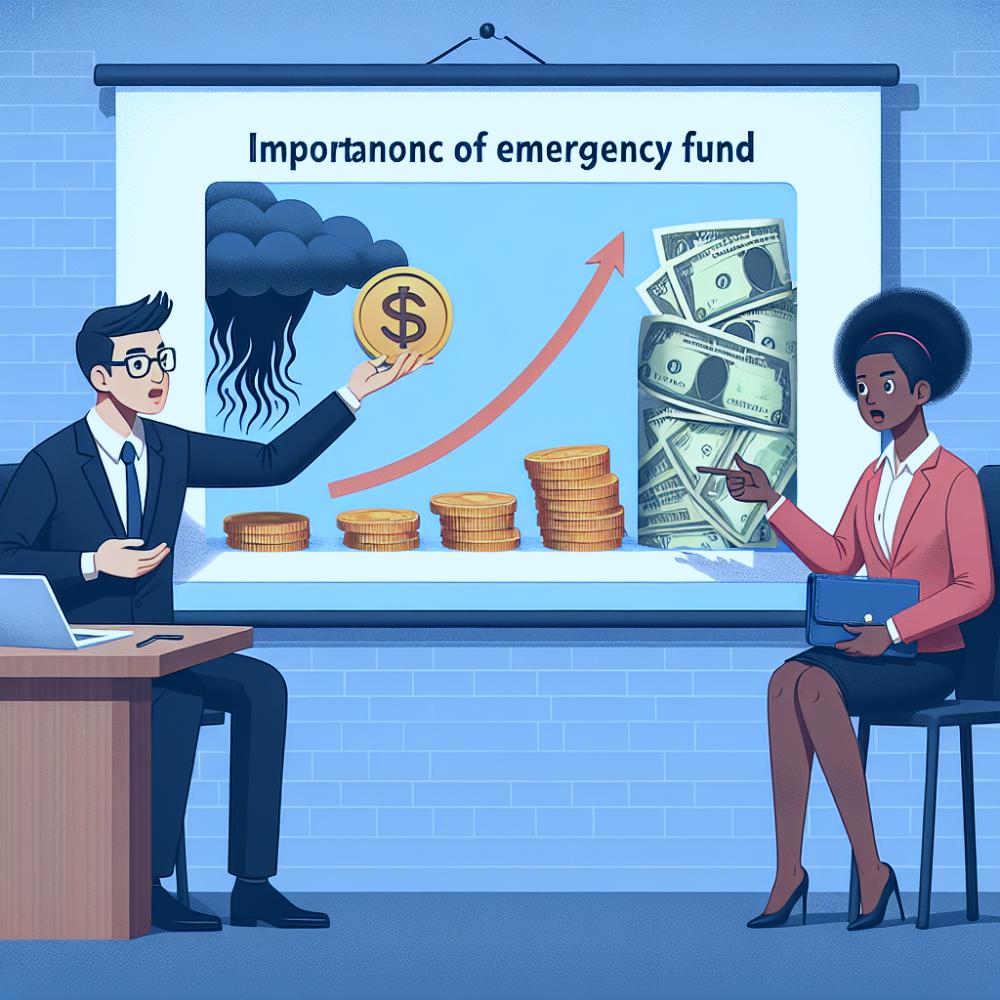
Introduction
When it comes to personal finance, few strategies are as universally recommended and yet so often overlooked as the emergency fund. An emergency fund is a stash of money set aside to cover the financial surprises life throws your way - from sudden medical expenses to unexpected car repairs or even a job loss. While we all hope these situations never arise, the reality is that they can and often do. In this article, we'll delve into the importance of having an emergency fund, how much you should save, and how to get started.
Understanding the Role of an Emergency Fund
An emergency fund can be a financial lifesaver. When unexpected expenses occur, having money set aside can prevent you from falling into debt or relying on high-interest credit options. Without an emergency fund, these unexpected expenses can lead to financial strain, causing stress and potentially leading to long-term financial problems.
One of the main benefits of an emergency fund is that it provides financial security. This security comes from knowing that you can handle unexpected expenses without significantly impacting your regular budget or your long-term financial goals.
When Should You Use Your Emergency Fund?
Your emergency fund is for unexpected, necessary expenses. This means it's not for vacations, shopping sprees, or other non-emergencies. Instead, your emergency fund should be used for situations like unexpected medical bills, necessary car repairs, or living expenses if you lose your job.
How Much Should You Save?
While the exact amount you should save in your emergency fund will vary depending on your personal circumstances, a common rule of thumb is to have enough money to cover three to six months' worth of living expenses. This should give you enough of a buffer to handle most unexpected bills or to keep you afloat if you lose your source of income.
However, if your job is unstable or if you have high health care costs, you might want to save more. On the flip side, if you have a stable job and strong health insurance, you might be able to get by with a smaller emergency fund.
How to Build an Emergency Fund
Building an emergency fund might seem daunting, especially if you're starting from scratch. But every little bit helps, and it's never too late to start.
Set a goal
Determine how much you need to save in your emergency fund and make this a financial goal. Having a clear target can make saving feel more manageable.
Start small
If you're struggling to save, start small. Even saving a small amount each month can add up over time.
Make it automatic
Consider setting up automatic transfers from your checking account to your savings account. This can make saving easier and helps to ensure you don't forget.
Keep it separate
It can be helpful to keep your emergency fund in a separate savings account. This can prevent you from dipping into it for non-emergencies.
Save windfalls
If you receive a tax refund, inheritance, or other financial windfall, consider putting a portion of it into your emergency fund.
Conclusion
While it can be easy to overlook the importance of an emergency fund, having one can provide peace of mind and financial stability. By setting a goal, starting small, and making saving automatic, you can build an emergency fund that will help protect you and your financial future. The road to financial security is often paved with good intentions and disciplined savings habits, and an emergency fund is an essential part of that journey.

















